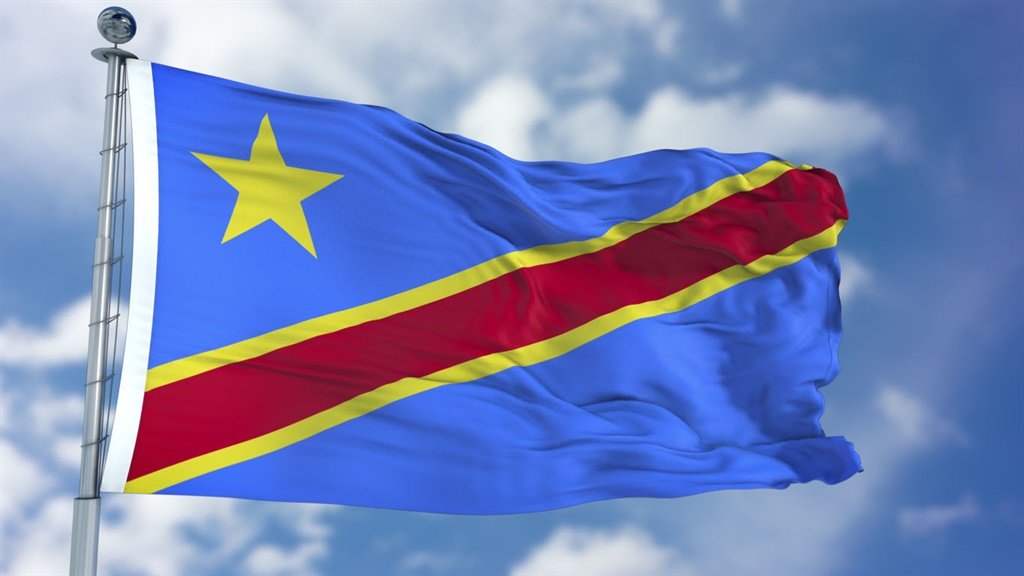

The IMF voiced concern Wednesday over the Democratic Republic of Congo’s 2020 budget and urged its central bank to stop drawing down foreign currency reserves and advancing money to the government.
In late December, the International Monetary Fund granted $368 million in credit to the Democratic Republic of Congo to deal with urgent balance-of-payments problems.
That same month, the country’s draft 2020 budget was estimated to be the equivalent of $10.59 billion, for a nation of around 80 million, of whom two-thirds live on less than $2 per day.
On Wednesday, IMF staff, after a fact-finding mission, issued a statement expressing “concerns arising from spending pressures and lackluster revenue, which have resulted in renewed central bank advances to the government and erosion of its foreign reserves.”
The “mission stressed the need to put immediately a stop to central bank advances and repay those given,” it said.
The fund did welome a “Treasury Plan” published by the finance ministry, which it considered “consistent with realistic revenue projections.”
A plan issued by the ministry on February 17 allocates only $5.45 billion in spending for 2020 — just over half the original budget plan.
In his 2020 budget, President Felix Tshisekedi said he wanted to include funds to provide free primary education, a flagship and highly popular programme.
DR Congo sits on top of large reserves of cobalt, copper, gold and other valuable minerals, but is nonetheless one of the world’s poorest countries, with average per capita revenue of $490 according to World Bank data.
Tshisekedi took office in January 2019, succeeding President Joseph Kabila, who stepped down after 18 iron-fisted years at the helm.
He has vowed to step up the fight against poverty and graft, but his room for manoeuvre has been crimped by a volatile commodities market and a legislature dominated by Kabila supporters.
